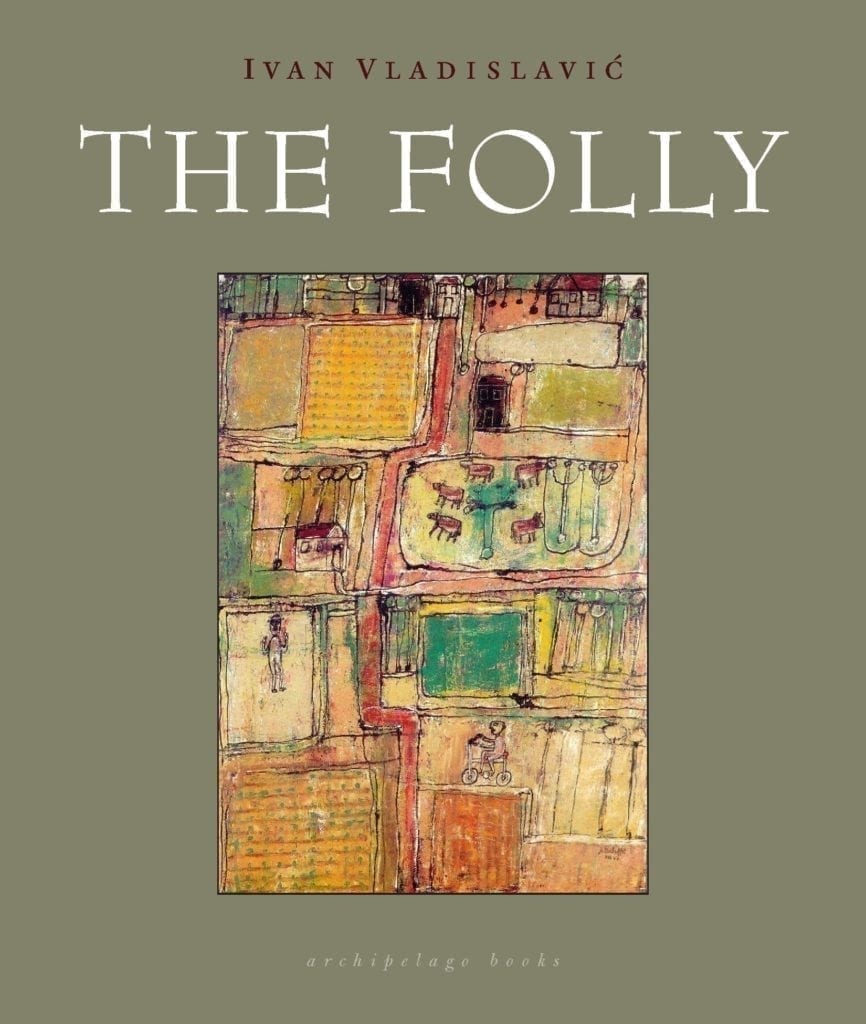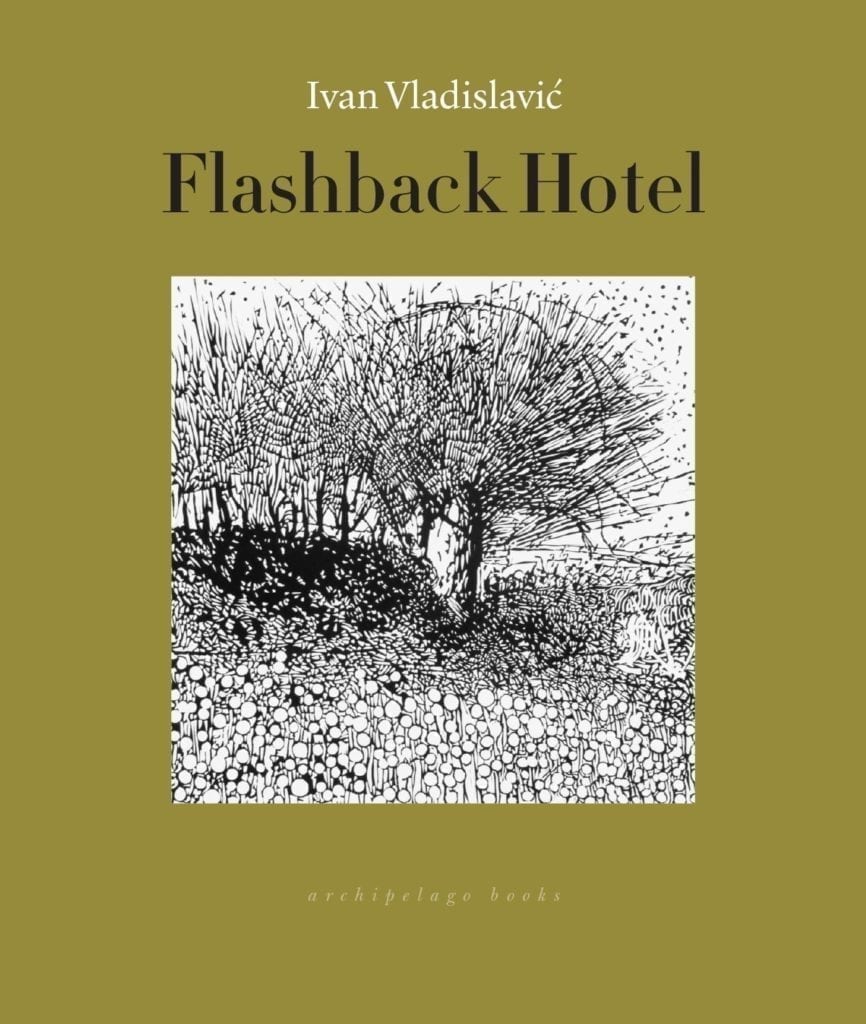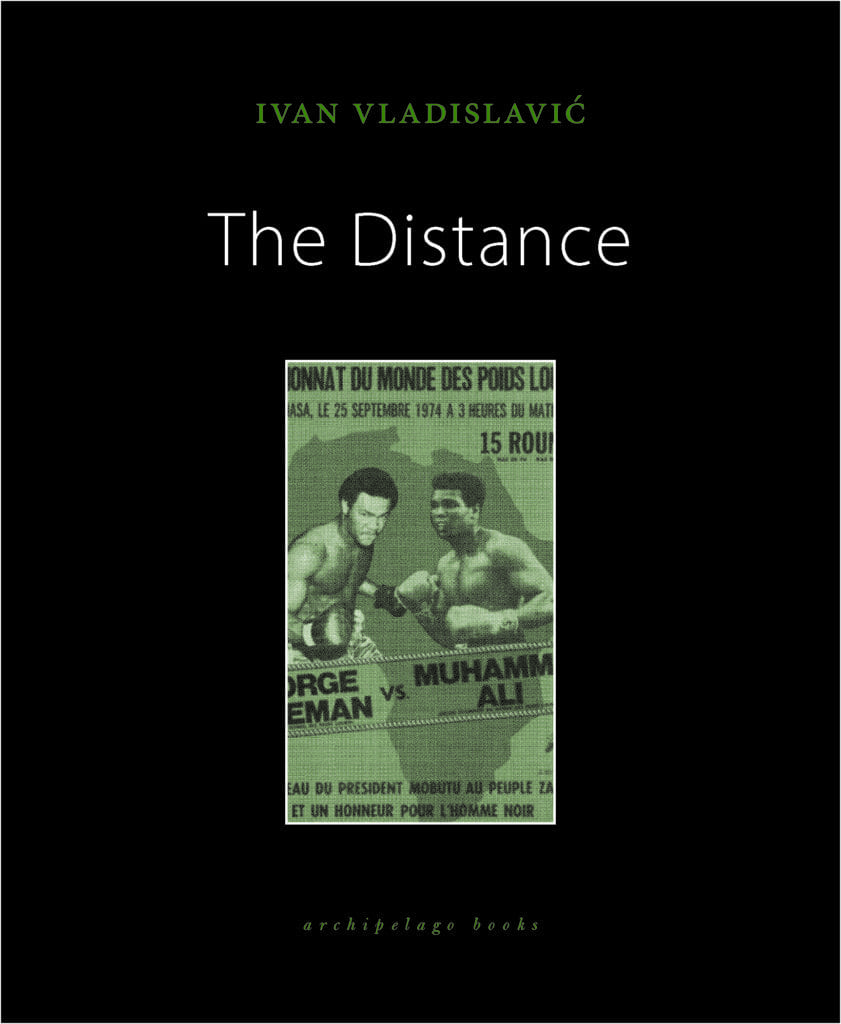Praise
As the project billows to fantastical and unstable proportions, the novel’s social realism swells into magical realism. The house becomes a literal castle in the air—evidence that neither messy reality nor imagination can be accounted for by blueprints.
A parable about land, ownership and power? A fable about the imagined other? An allegory of contestation and co-existence, or of the building (and dismantling) of systems? Occupying a tantalizingly unnameable region between fable, allegory and parable, Ivan Vladislavić's first novel announces a powerfully original imagination, expressed in unparalleled stylistic precision and brilliance. Nothing short of a great contemporary writer, he pushes at form and content to make something strangely new and profound of the novel.
The Folly by Ivan Vladislavić, who is one of South Africa’s best writers and bafflingly underappreciated. He’s ripe for some big international enthusiasm by now. This is his first novel, though I only came upon it recently. In a country obsessed with social realism, Vladislavić has always tried to find less obvious ways to approach the world. An immaculately-written allegory or parable (though neither word is quite right) about two unlikely neighbours, it’s a clever and elegant book that lodges in the mind like a dart.
Vladislavić is without doubt the most significant writer in South Africa today.
Vladislavić is a rare, brilliant writer. His work eschews all cant. Its sheer verve, the way it burrows beneath ossified forms of writing, its discipline and the distance it places between itself and the jaded preoccupations of local fiction, distinguish it.
In the tradition of Elias Canetti, a tour de force of the imagination.
[Vladislavić's] stylistic virtuosity, sardonic wit, playful inventiveness, and his cool intimations of menace transmute the banal into something rich and strange loaded with comic and philosophical significance.
[Vladislavić's] art is about loosening the terrible grip of a world of dead images and opening the flow of new perceptions and fresh understanding.
The stunning language and lyric descriptions . . . have made Vladislavić one of the most renowned and respected writers working in South Africa today.
Vladislavić is one of the great writers of the fragment... A case could be made that [The Exploded View’s] divided form is justified by its object: Johannesburg, which is, as cliché would have it, the ‘divided’ city. But Vladislavić’s tightly knit prose belies this diagnosis. Sensitive readers are struck by the uncanny repetitions, haunting resonances, and resounding echoes across the novel’s parts: by the work’s and the city’s unity, not their partition.
Vladislavić’s strength lies in translating a place, one that is as recognizable as anything in our everyday lives but that reveals truths that have been standing in front of us the whole time.
Vladislavic’s notoriously difficult works have attracted the interest of and incited arguments among scholars, who consider him a renegade for his rejection of the conventions of realist political novels and his championing of broken forms and peripheral observations.
One of South Africa's most finely tuned observers.
The prose is stunning. It gives the impression of the words and the phrases having been caught from the inside.
With a language as scintillating and fine-grained as a silver gelatin print, Vladislavić delivers something rarer and subtler than a novelization of experience...What sustains this enterprise, and sustains it magnificently, is Vladislavić's narrative intelligence, nowhere more visible than in his way with language itself...In Vladislavić's hands, the metaphor goes beyond this quotidian utility, and, refreshed, reconstructed and revived, does a great deal more: it becomes a ferry for the uncanny, a deployment of images so exact that the ordinary becomes strange and the strange familiar.
The Folly, by Ivan Vladislavić, is wonderful. It’s a political allegory (or parable? or something in between?) that must have been amazing to read in the context of emerging democratic South Africa in 1993 but has lost none of its power over the years.
The Folly is mysterious, lyrical and wickedly funny - a masterful novel about loving and fearing your neighbor. Ivan Vladislavić is one of the most significant writers working in English today. Everyone should read him.
The rise and fall of "the plan" at the heart of this potent short novel is as brilliant as it is unsettling. Vladislavić writes with spring-loaded precision about universal dreams and local desolation. A fable for the ages, a parable for our times.
A mysterious stranger shows up on an empty plot of South African veld adjacent to one owned by a comfortably middle-class man in this rediscovered classic...
[The Folly]...plays out like a berserk blend of fairy tales, the plays of Samuel Beckett, and the films of Jacques Tati.
Grimly humorous and playfully serious, Ivan Vladislavić’s classic first novel is a comic and philosophical masterpiece.
A very fine piece of writing, and a very good work.
This is the first U.S. publication of Vladislavić’s debut, which was taken to be an absurdist allegorical fiction about apartheid. Praised by the likes of Coetzee and others — it’s not hard to see why — The Folly tells the story of a man who seems to be reenacting, as one reviewer wrote, “the basics of a civilized life,” while he is watched from a nearby house by a couple known as “Mr. and Mrs.” The upbuilding sense of chaos might remind you of our own time.
Rare is the dark fable built of such shimmering, perfect sentences.
This 1993 debut from the gifted South African of Croatian descent is more Pinter than Kafka... outrageously deadpan funny, stylish and prophetic.
"Vladislavic has the knack of revealing people’s personalities and idiosyncrasies in an understated manner."
"Vladislavic’s cryptic, haunting tale echoes Jorge Luis Borges and David Lynch, drawing readers into its strange depths."
"[The Folly is] playful fiction with a corresponding (and paradoxical) seriousness of intent."
"Vladislavić skillfully crafts characters and an intriguing plot in what seems like an ordinary, bland world."
"The Folly reflects the paranoia and unease characteristic of this time. It is both funny and cruel and casts a surreal look at the workings of power as the characters march across its pages like grotesque marionettes."
"[Vladislavic] highlights how easily a willing mind can be taken for a ride... [his] characters are written with such depth, he explores their subtle mannerisms such that I feel I have walked with them. His command of language and attention to detail is exquisite, and has resulted in a mysteriously funny but serious novel."
Extras
Visit the author’s website here.
In February 2015, Ivan Vladislavić was named as one of this year’s nine recipients of the Windham Campbell Prize, which are awarded by Yale University. Each recipient received an unrestricted $150,000 grant.
Read Mr. Vladislavić’s interview with Christine Emmett of aerodrome, in which he talks about the architectural history of South Africa and his approach to writing and editing.
In Granta, S.J. Naudé and Ivan Vladislavić “discuss translation, divided cityscapes and electric currents in writing.”
To get a sense of the context and critical response to some of Ivan Vladislavić’s earlier writing, check out the Kenyon Review on The Loss Library, which experiments with form in a way “astonishingly well suited to represent South Africa’s complex relationship to history.”
Read Jan Steyn’s interview with Ivan Vladislavić at The White Review.
Leadership Magazine has a piece on Ivan Vladislavić, read it here.
At Bard College Ivan Vladislavić spoke with Naruddin Farah and Robert Kelly. Read their conversation here.




